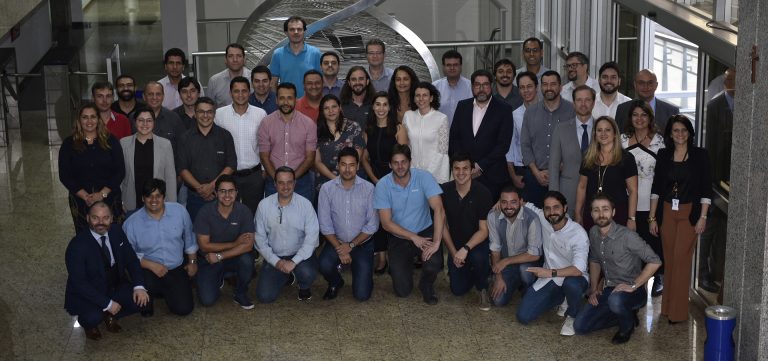Brazilian operators of subway systems, urban trains and Light Rail Vehicles recorded a deficit in tariff revenue of around R$ 933 million, in the last 30 days, due to the reduction in passenger demand caused by the coronavirus pandemic. In March, the systems recorded an average reduction of 62.6% in the number of passengers transported, in relation to the same period of the previous year. In March 2019 the sector transported 262.5 million people and this year there were just over 98 million passengers. The impacts were calculated by the National Association of Passenger Rail Operators (ANPTrilhos), an entity that represents the operators of the subway systems in the country.
In view of the economic impacts, ANPTrilhos is emphasizing with the Brazilian government the urgency in adopting the necessary measures to guarantee the full operation of the systems throughout Brazil. In the last 20 days, the Association’s leaders participated in video conferences with teams from the Ministry of Economy, Ministry of Infrastructure, Ministry of Regional Development, Special Secretariat of the Investment Partnerships Program (SPPI) and National Bank for Economic and Social Development (BNDES).
“Metro-rail operators have been seeking, in every way, to maintain their current levels of operation. In view of the unprecedented drop in demand and the maintenance of services in these 30 days, some companies already feel enormous difficulty in fulfilling their obligations, being very close to the need to stop their activities, due to an absolute lack of resources. We reiterate the need for an urgent look at the public transport sector on tracks, in the search for a quick solution, which surpasses traditional standards of analysis and guarantees, aiming at the full operation of the public transport service ”, highlights the President of ANPTrilhos Council, Joubert Flores.
The measures presented by ANPTrilhos to the Federal Government are: credit line to cover the working capital of companies in the sector; swift approval of investment projects for financing purposes through incentive debentures (Law No. 12,431 and Ordinance MC No. 532/17); reduction of sector charges due to the calamity status; exemption from ICMS taxes on electricity for the sector; deferral in the payment of federal taxes; reduction of social security costs; and reopening of the term for opting for the substitutive contribution regime to the social security contribution on payroll.





